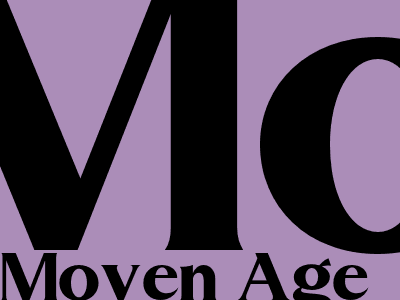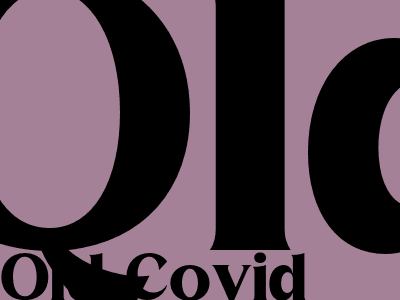Amumbo ETF: A Comprehensive Guide for Investors
Introduction
Exchange-traded funds (ETFs) have gained immense popularity among investors seeking diversification and exposure to specific market sectors. The Amumbo ETF is one such fund that has attracted attention due to its unique investment strategy. This comprehensive guide aims to provide investors with an in-depth understanding of the Amumbo ETF, its investment objectives, and key considerations.
Investment Objectives
The Amumbo ETF seeks to provide investors with long-term capital appreciation by investing in a diversified portfolio of global companies. The fund's investment strategy focuses on identifying companies with strong growth potential and sustainable competitive advantages. By investing in a broad range of companies across various industries and geographic regions, the Amumbo ETF aims to reduce portfolio volatility and enhance returns.
Investment Process
The Amumbo ETF employs a rigorous investment process that involves extensive research and analysis. The fund's investment team conducts thorough due diligence on potential investments, evaluating factors such as financial performance, industry trends, and management quality. The team also considers environmental, social, and governance (ESG) factors to ensure alignment with investors' values. Based on their research, the investment team constructs a portfolio of companies that meet the fund's investment criteria.
Key Considerations
Before investing in the Amumbo ETF, investors should carefully consider the following factors:
Investment Horizon
The Amumbo ETF is designed for long-term investors who are comfortable with potential fluctuations in the market. The fund's investment strategy emphasizes long-term growth, and investors should be prepared to hold the ETF for several years to reap the benefits of its compounding effect.
Risk Tolerance
The Amumbo ETF is subject to market risks, including fluctuations in stock prices, interest rates, and economic conditions. Investors should assess their risk tolerance and ensure that the fund's investment strategy aligns with their financial goals. Those with a lower risk tolerance may prefer to invest in more conservative investments.
Investment Fees
Like all ETFs, the Amumbo ETF charges management fees and other expenses. Investors should consider the impact of these fees on their overall returns and ensure that they are comfortable with the expense ratio. The expense ratio of the Amumbo ETF is below the industry average, indicating that it is a relatively cost-effective investment.
Conclusion
The Amumbo ETF is a well-managed and diversified ETF that offers investors the potential for long-term capital appreciation. Its investment strategy focuses on identifying companies with strong growth potential and sustainable competitive advantages. However, investors should carefully consider their investment horizon, risk tolerance, and investment fees before investing in the Amumbo ETF. By understanding the fund's investment objectives and key considerations, investors can make an informed decision about whether the Amumbo ETF is a suitable investment for their portfolio.



